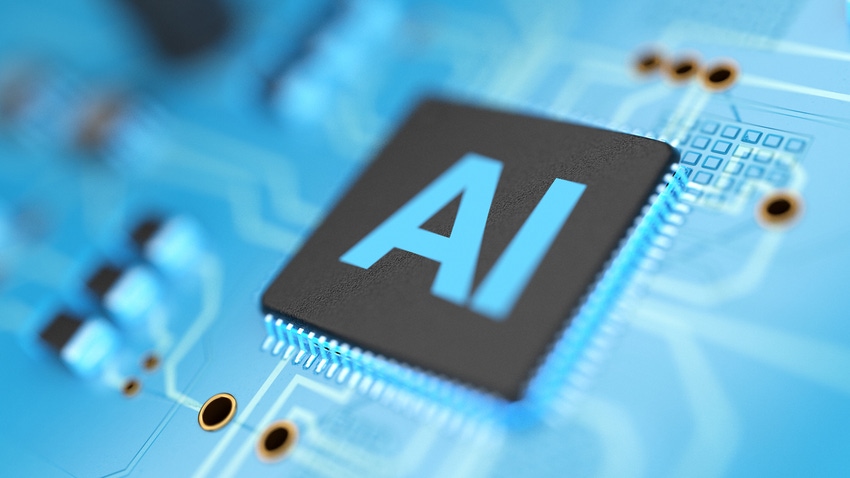The US and EU have agreed to collaborate on research into how AI might be used to help wrestle with problems around climate change, natural disasters, medicine, energy and agriculture.
January 30, 2023

The US and EU have agreed to collaborate on research into how AI might be used to help wrestle with problems around climate change, natural disasters, medicine, energy and agriculture.
The United States Department of State and the Directorate-General for Communications Networks, Content and Technology of the European Commission (phew) got their pens out last week and signed an agreement called ‘Administrative Arrangement on Artificial Intelligence for the Public Good’.
This doc is supposed to signal increased collaboration between them on research into identifying and developing ‘promising’ AI research that might be able to throw up some problem solving in areas such as climate change, natural disasters, health and medicine, electric grid optimisation, and agriculture.
AI systems are already implemented in some medical research, diagnostics and treatment areas, but we’re told it can also be used to improve farming through analysis and modelling of soil and atmospheric conditions, bird and insect trends, and harvesting cycles. AI based predictive modelling will also be increasingly lent on for disaster preparedness and emergency response, they reckon.
“Today, we are strengthening our cooperation with the US on artificial intelligence and computing to address global challenges, from climate change to natural disasters,” said Thierry Breton, Commissioner for Internal Market. “Based on common values and interests, EU and US researchers will join forces to develop societal applications of AI and will work with other international partners for a truly global impact.”
Given a long enough timescale AI will no doubt be employed to tackle the problems sketched out in this declaration and much more besides (like fighting wars). If it can be utilised for nobler causes than simply the enrichment of a few tech firms, that sounds like a good thing. More immediately however, the current conversation surrounding AI is often about its potentially disruptive effect on the job market.
Since Open AI’s Chat GPT hit the headlines with its new advanced form of chat bot software, there has been lots of commentary around how in the future it, or things like it, might dissolve entire employment sectors as employers simply automate things like content production or customer relations instead of paying humans.
One salve to this being thrown around is the idea of Universal Basic Income, which basically means paying everyone a base salary regardless – a concept which as well as being difficult to see how it would work practically, obviously also comes with some inherent downsides as well.
We recently spoke to Beerud Sheth Co-founder and CEO of Gupshup, a ‘conversational AI unicorn’, who told us: “As producers, it begs the question who’s doing the producing? And if it is AI, what does it do to jobs? One could imagine one scenario is that a lot of the AIs can do a lot of the work, then most people can not worry about it and pursue maybe art or other more human pursuits, if you will.
“So long as, like I said, the political issue is addressed. Do we have Universal Basic Income? Do we have other means? And so on. It’s not very different from Scandinavia or the Middle East where they find the oil wealth which produces enough value for society and so long as governments can spread the goods across a broader base of society, ultimately everybody is better off.”
It’s a question that deserves to be taken very seriously, especially taking into account how fast this disruption might unfurl. As well as looking into farming, perhaps the EU and US will funnel some of their research dollars into an AI model that works out what happens to capitalist economies if there is indeed a relatively sudden and dramatic decrease in the amount of employment. Assuming they agree it’s a good idea for humans to be able to actually buy the food all these advanced future farms will be pumping out.
Get the latest news straight to your inbox. Register for the Telecoms.com newsletter here.
About the Author(s)
You May Also Like








.png?width=300&auto=webp&quality=80&disable=upscale)


_1.jpg?width=300&auto=webp&quality=80&disable=upscale)


.png?width=800&auto=webp&quality=80&disable=upscale)